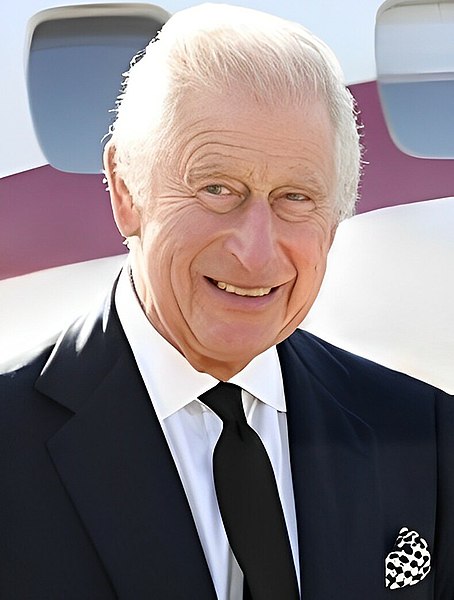
King Charles III paid a visit to a war cemetery in Kenya, where he laid a wreath in tribute to Kenyan soldiers who fought alongside the British in the two world wars. This visit comes after the
monarch expressed his deep regret and sorrow for the violence of the colonial era, acknowledging the abhorrent and unjustifiable acts of violence against Kenyans during their struggle for independence. However, he fell short of offering a formal apology for Britain's actions during its colonial rule in Kenya, a move that many Kenyans had hoped for.
During a state banquet hosted by Kenyan President William Ruto, King Charles expressed that there could be no excuse for the wrongdoings of the past. He emphasized the importance of addressing these historical injustices with honesty and openness, with the aim of strengthening the bond between the two nations in the future.
Following the wreath-laying ceremony, King Charles presented replacement medals to four war veterans, including Cpl. Samwel Nthigai Mburia, who claims to be 117 years old, and privates John Kavai, Kefa Chagira, and Ezekiel Nyanjom Anyange. These medals held special meaning for the veterans, and they expressed their joy and pride in receiving them.
The war cemetery, which contains 59 graves, is located near the Kariokor market, once the site of Nairobi's Carrier Corps Depot, where soldiers passed through on their way to the front. During his visit, King Charles also met with members of the Commonwealth War Graves Commission and the local communities residing near the cemetery.
This year, Kenya celebrates the 60th anniversary of its independence. The country has had a complex relationship with Britain, marked by the struggle for independence, commonly known as the Mau Mau Rebellion, which resulted in the loss of thousands of Kenyan lives. Colonial authorities employed severe measures, including executions and detention without trial, to suppress the rebellion. Many Kenyans reported experiencing physical abuse and sexual assault at the hands of colonial administration agents.
Due to the royal visit, authorities deployed heavy security in the vicinity of the war cemetery, ensuring the safety of the area.
King Charles also visited the United Nations office in Nairobi to gain insights into the work of U.N. environment and habitat programs in Kenya. He expressed his gratitude for the organization's efforts in providing security, safety, and support to millions of vulnerable people worldwide.
Additionally, King Charles has plans to visit Nairobi National Park and meet with environmental activist Wanjira Mathai, the daughter of the late Nobel laureate Wangari Maathai, to underscore his commitment to environmental protection.
Meanwhile, Camilla visited a donkey sanctuary and wore a dress adorned with embroidered giraffe panels.
The British royal family has deep-rooted connections with Africa. In 1947, Queen Elizabeth II pledged her lifelong service to Britain and the Commonwealth during a speech delivered from South Africa on her 21st birthday. Five years later, while visiting Aberdare National Park in Kenya, Queen Elizabeth II received the news of her father's passing, officially becoming the queen. Photo by Northern Ireland Office, Wikimedia commons.



































